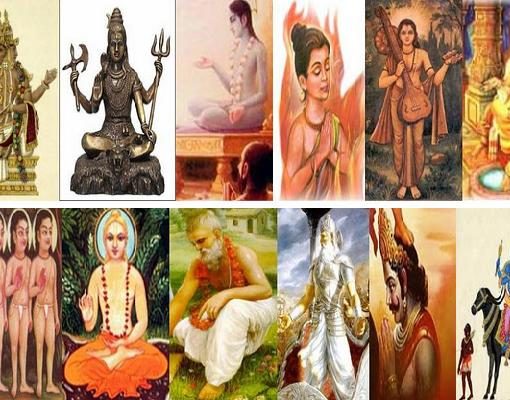Satisfies the Supreme
sve sve karmaṇy abhirataḥ saṁsiddhiṁ labhate naraḥ
sve sve — each his own;karmaṇi — work; abhirataḥ — following; saṁsiddhim — perfection; labhate achieves; naraḥ — a man;
By executing one’s prescribed duties one can please the Supreme Lord.
svanuṣṭhitasya dharmasya saṁsiddhir hari-toṣaṇam
svanuṣṭhitasya — of one’s own prescribed duties; dharmasya — occupational; saṁsiddhiḥ — the highest perfection; hari — the Personality of Godhead; toṣaṇam — pleasing.
The perfection of duty is to see that by discharging one’s specific duties one satisfies the Supreme Personality of Godhead.
In the Bhagavad-gītā (18.45) it is stated, sve sve karmaṇy abhirataḥ saṁsiddhiṁ labhate naraḥ: by executing one’s prescribed duties one can please the Supreme Lord. In the Śrīmad-Bhāgavatam (1.2.13) also it is stated, svanuṣṭhitasya dharmasya saṁsiddhir hari-toṣaṇam: the perfection of duty is to see that by discharging one’s specific duties one satisfies the Supreme Personality of Godhead. When the Pracetās were performing sacrifices according to this direction, Nārada Muni was satisfied to see these activities, and he also wanted to glorify Dhruva Mahārāja in that sacrificial arena.





